Search
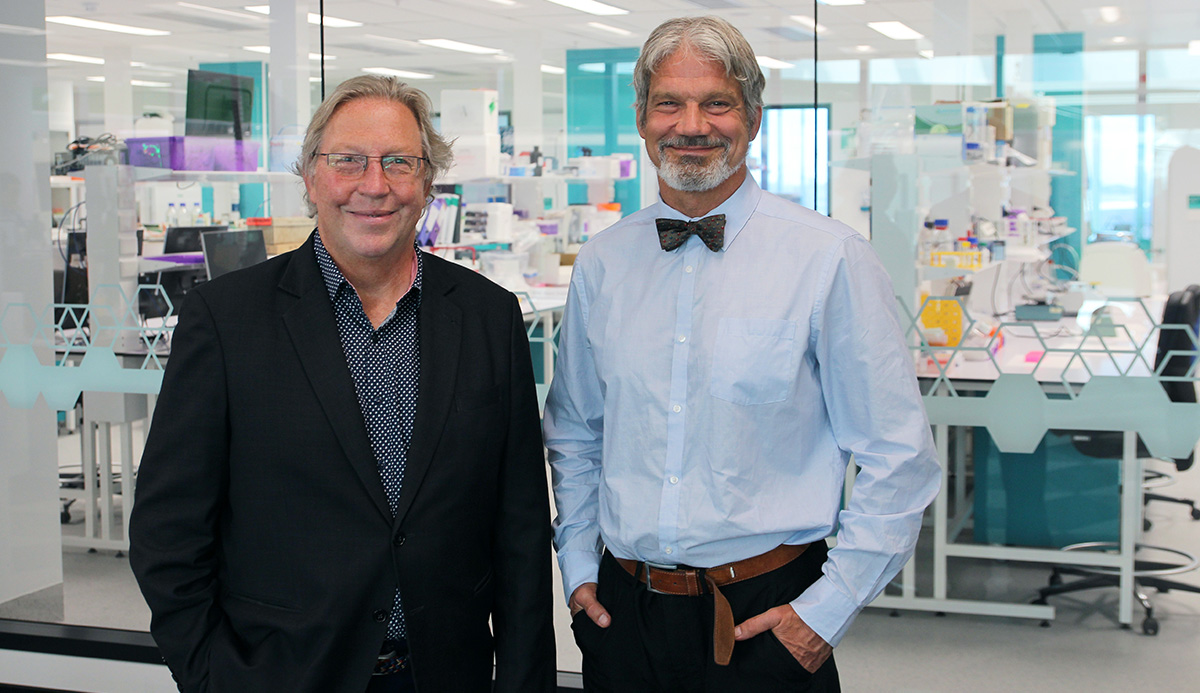
Perth researchers are leading an international clinical trial focused on preventing the spread of COVID-19 by testing the effectiveness of the drug interferon in reducing the infectiousness of people who contract the virus.
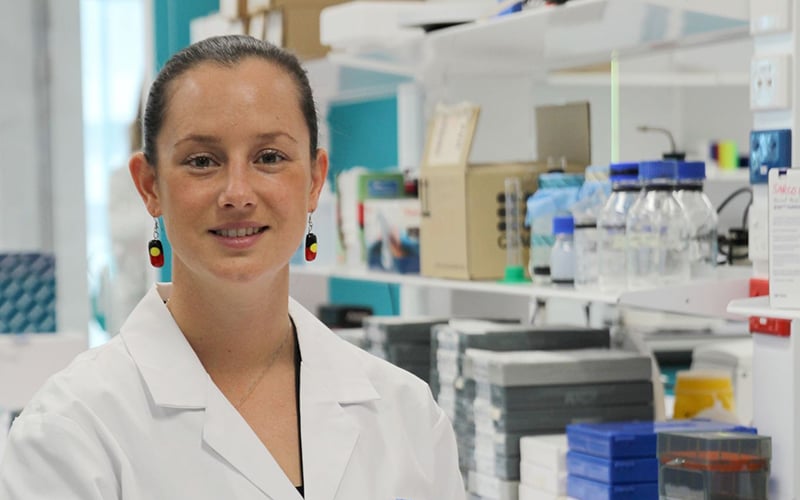
The Kids Research Institute Australia brain cancer researcher, Dr Jessica Buck will today join the ranks of a select group of brilliant female scientists.
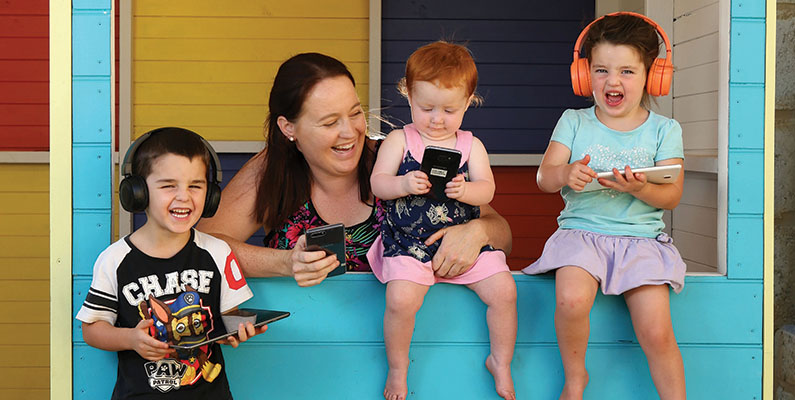
An ORIGINS study aims to find out more about family screen habits to help provide clearer, more realistic advice.
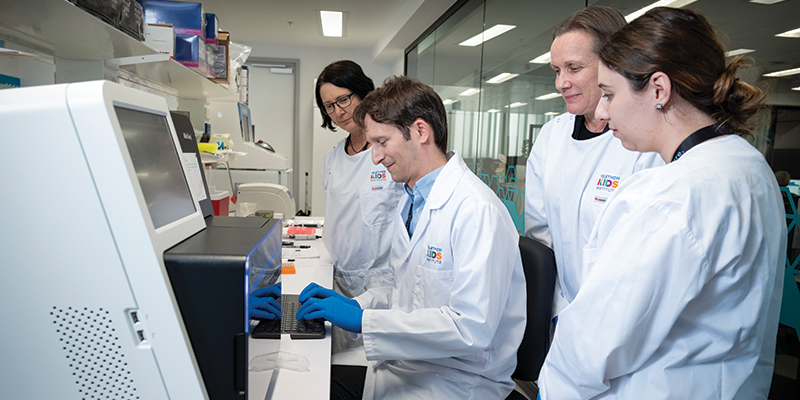
The Kids Research Institute Australia researchers are at the forefront of rapid improvements in the diagnosis of rare diseases.

Telethon Kids Institute researchers have found more than half of young people who consumed energy drinks suffered negative health effects.
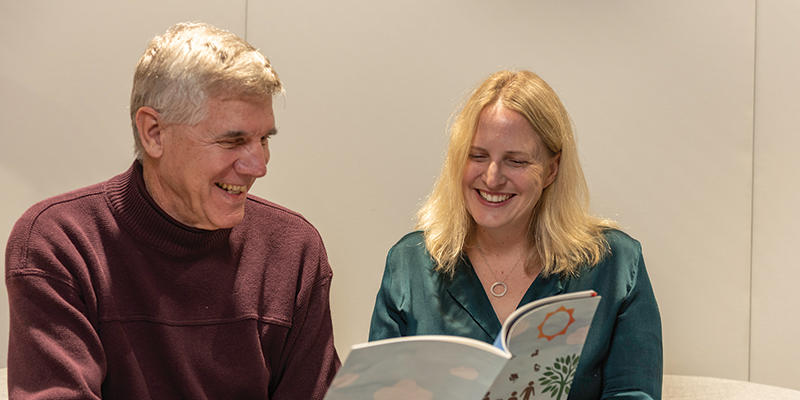
Professor Zubrick and Dr Kirsten Hancock are among several Telethon Kids researchers working through the Life Course Centre.

Telethon Kids Institute research revealed Aboriginal children are 10 times more likely than non-Aboriginal children to be placed in out-of- home care.
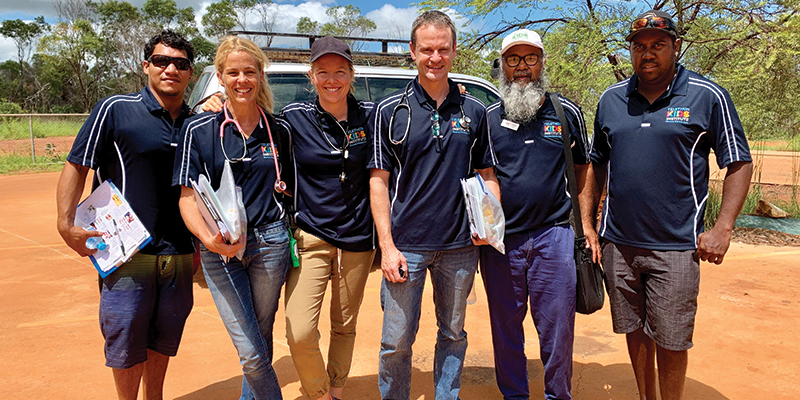
Prevalence of chronic lung disease in Aboriginal children is conservatively estimated at 1.5 per cent
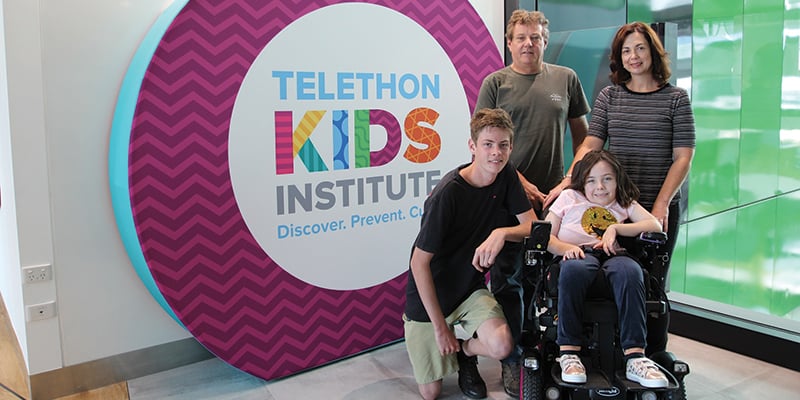
Mackenzie Crane was 10 months old when her parents, Jodie and Scott, were given the life-changing news that their daughter would never walk.
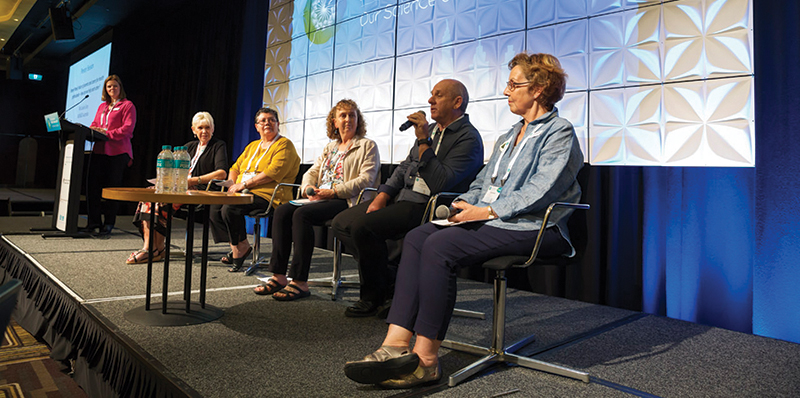
Held every two years, the Australasian FASD Conference is a significant and unifying event for those in the Fetal Alcohol Spectrum Disorder sector.
